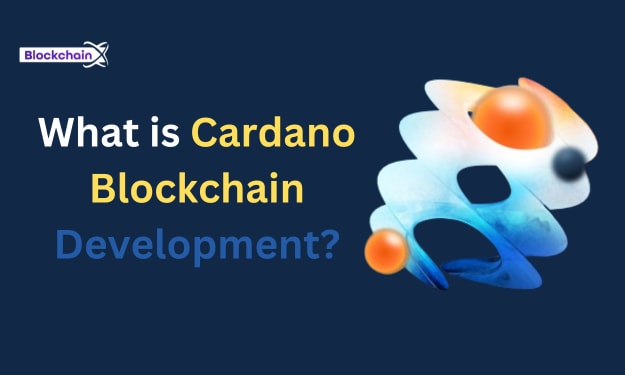BIG BREAKTHROUGH! Scientists Finally Created an ARTIFICIAL BRAIN in LAB
It's like they're making these little brainiacs from scratch

Hey there! Have you ever stopped to think about the incredible things happening in the world of science and technology? I mean, just take a look at what's going on with these mini brains in labs – it's mind-blowing!
Picture this: scientists are creating these tiny brains, like seriously tiny, and they're teaching them to do some pretty amazing stuff. It's like they're making these little brainiacs from scratch, right in the lab. And get this – they've taught them to recognize different voices! Can you believe it?
So, here's the scoop. These mini brains have been listening to all sorts of voices – 240 variations of 8 different male voices, to be exact. And guess what? After just two days of training, they could recognize all 240 voices with almost 80% accuracy! Talk about a crash course in voice recognition!
Now, imagine this: you might not be a math whiz, but what if you could have a brain as fast as Einstein's? Well, with these speedy mini brains, it might just be possible. You could install one of these bad boys in your noggin, give it a quick calibration, and voila! In just a few days of training, you could be a math genius!
But hold on a sec, there's a catch. You see, our brains are already pretty busy processing tons of information every day. So if we want to supercharge our smarts with one of these mini brains, we might have to make some sacrifices. Like, say goodbye to some of our memory, emotions, or creativity. It's like trying to upgrade your computer – you might get a faster processor, but you could lose some other cool features in the process.
Now, you might be wondering, how do these mini brains even work? Well, it all starts with stem cells – the building blocks of the body. Scientists take these stem cells, add a special growth factor called Noggin, and let them do their thing in a lab setup that mimics the conditions of our bodies. After a few days, presto! You've got yourself some mini brains.
But wait, there's more! These mini brains aren't just sitting around looking cute – they're actually doing stuff. Scientists have hooked them up to microchips that allow them to communicate and learn. They've even trained them to recognize different voices, which is pretty darn impressive if you ask me.
Now, I know what you're thinking – what's next? Well, scientists are already dreaming up all sorts of cool applications for these mini brains. From treating brain disorders like Parkinson's and Alzheimer's to even enhancing our senses, the possibilities are endless.
But, of course, there are still some kinks to work out. These mini brains might not be perfect just yet, and there's always the risk of technical glitches with the microchips they're hooked up to. Plus, we're still figuring out exactly how to integrate them into our brains without causing any, well, brain malfunctions.
But hey, despite the challenges, the future looks pretty bright. Who knows? Maybe one day we'll all have our own mini brains, helping us become the best versions of ourselves. It's a brave new world out there, folks, and I can't wait to see what comes next!
So, what do you think about these mini brains? Pretty cool, right? Let me know in the comments below, and don't forget to like and subscribe for more mind-blowing science stuff. Until next time, stay curious, my friends!
WHAT'S ON YOUR AMAZON WISHLIST TODAY

FOR MORE SUSPENSEFUL STORIES LIKE THIS, SUBSCRIBE. THANKS FOR SUPPORTING
READ MORE LIKE THIS
This Island Is Made Entirely of Gemstones
Breaking News: Listeria Spreading Through Dairy Products - Stay Safe Now!
About the Creator
Yusuf Alam
Crafting Words into Amazing Stories | Freelance Copywriter | Turning Ideas into Impact






Comments
There are no comments for this story
Be the first to respond and start the conversation.